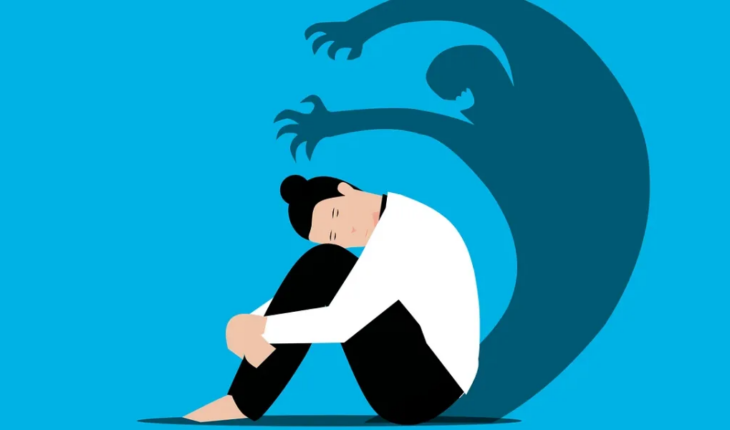Every October 10, World Mental Health Day is commemorated, with the aim of making the issue visible and raising awareness about the problems related to brain health globally. Mental health is one of the fundamental bases for the proper development and well-being of people. It is estimated, according to data from the World Health Organization (WHO), that one in each
Four people suffer from a mental or behavioural disorder in their lifetime. In this sense, based on an epidemiological study of mental health carried out in
general population of the Argentine Republic and published in 2018 by doctors Juan
Carlos Stagnaro and Alfredo Cía, among others, it has been recorded that the lifetime prevalence of
Any mental disorder in the general population of the country, in those over 18 years of age, was
29.1% and the projected risk of life up to 75 years of age was 37.1%. Experts from the INECO foundation say that the COVID-19 pandemic has had a significant impact on people’s mental health, aggravating those cases of pre-existing diseases and causing new conditions, which has led to a very high demand for treatments related to mental health. This issue is linked to what was called at the time as the “fourth wave” of the coronavirus: the consequences. The Director of Mental Health and Substance Use of the WHO, Dévora Kestel, highlighted: “According to a study we did last year, there was a 25% increase in people with depression or anxiety, especially young people, women and people from places where Covid hit hardest.” In line with this, Dr. Micaela Dines, psychiatrist at the Department of Psychiatry of INECO, states: “It should be noted that the impact on the mental health of health workers was also notorious. Therefore, it is key to think about prevention strategies both for the community in general and also for health workers to be prepared in case we unfortunately have to face a similar situation at another time.” It is essential to emphasize that mental health is an integral part of health, so it is not
There is health without mental health. The mind is the greatest capital of people and taking care of it results
essential, so promoting physical, emotional and social well-being is necessary for the
development and growth. Although at present, especially post-pandemic, they have begun to be treated with
More frequent issues related to mental health at a global level, it is important
Continue to address this issue, in order to destigmatize the diseases of the
brain and encourage the care of the mind. Ted Talks on Mental HealthDelfina Pignatiello
Olympic swimmer, triple Pan American champion, South American record holder, artist, influencer and amateur photographer. At 8 months her mother, a swimming teacher, put her in the water and she never wanted to go out again. The club was his second home during his childhood and adolescence. In 2020, her time at the Tokyo Olympics left her with a lesson: the importance of integrating the person and the swimmer who define her. Delfina fulfilled her dream of competing in the Tokyo Olympics and at the end of her career she could not stop thinking about what they were going to say to her on social networks. The complete talk in the following link. Fernando Gomez
A third-year student of the Bachelor of Psychology. Her life story allowed her to begin listening and helping others. He is 21 years old and is a workshop leader in different social organizations. In his talk he recounts, why talking about suicide saved his life. The complete talk in the following link.
World Mental Health Day: the post-pandemic impact
October 6, 2023 |





